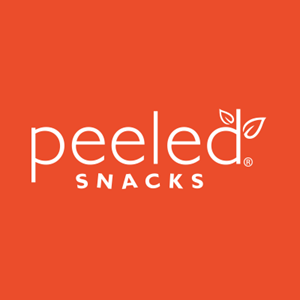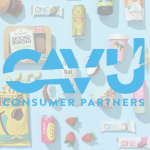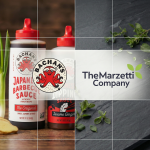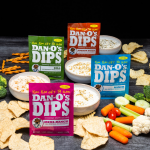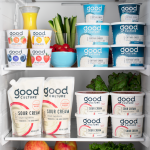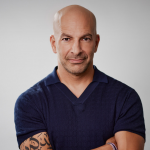Peeled Snacks Gets Another Bite
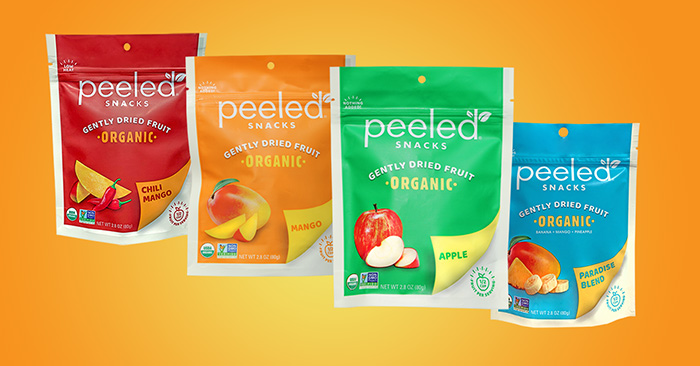
Beaten into bankruptcy by the Covid-19 pandemic, Peeled snacks is getting a second bite of the dried apple. The fruit and vegetable snack producer, which had declared bankruptcy in March, has been sold to Jim Goldberg, the founder of tortilla and potato chip company Deep River Snacks.
The purchase is just part of the jocular Connecticut resident’s larger plan to build a mission-based portfolio of companies, backed by his own firm, ESM Capital.
An Un-aPeeling Situation
At one point Peeled had sold as much as $14 million a year in dried fruit, vegetable puffs and dried fruit Clusters. The company had also raised millions in funding from investors including Seurat Capital, Dwight Capital, and Decathlon Capital Partners. But the pandemic, combined with the company’s prior strategy for growth, ultimately proved to be too much to overcome.
In January, Peeled’s board of directors brought on Kenneth Yager, President of Newport Advisors Corporation, as a Chief Restructuring Officer, to assist with turnaround and financial advisory services.
In a court filing, Yager said the company was more than $7 million in debt, including PPP loans as well as loans from former CEO John Kalina and revenue-based financing firm Decathlon Capital Partners along with trade debt. The company was also involved in a breach-of-contract lawsuit with its former supplier, Villa Andrina, which was seeking more than $1 million in damages.
Peeled’s revenues, which had heavily relied on sales to schools and airport shops, had plummeted from $14.6 million in 2019 to $8.6 million amidst the global shutdown in 2020. Meanwhile, Peeled also had invested heavily in marketing, offering rebates and discounts, Yager said, which resulted in lower margins.
Former Peeled CEO John Kalima, who left the company at the end of January, said that the foodservice and travel shutdown during the pandemic had “completely crushed” the company. Copacking and supply chain disruptions during the pandemic also made it difficult to consistently meet the company’s manufacturing goals. But Kalina disputes the idea that marketing had been the problem.
“We had been advised by the board to grow at all costs and, as we burned through cash, the board was not able to raise all of the capital needed to fuel the growth that we had been building,” Kalima said.
Ultimately the company was put up for auction in May and after there was a lack of bids larger then the company’s total debt, Decathlon chose to accept Goldberg’s offer, remaining on as a minority shareholder.
As part of the deal, Goldberg acquired the company’s brand, supplier and retailer relationships, online presence and product formulations, while not assuming any prior debt the company had accumulated. Goldberg declined to provide a purchase price.
Planting Seeds for Growth
Goldberg knows his way around the snack business; in 2017, with revenues at $45 million, he sold Deep River to Arca Continental. Since then, he said, he has been laying low, investing in and providing bridge loans to emerging companies, such as cracker brand Maine Crisp. Initially he had planned to ldebut a new brand this year, but decided to postpone that launch due to the pandemic.
Goldberg said he purchased Peeled because he felt the product category, dried fruit, was ripe for innovation and the brand itself had what he called “soul.”
“At the end of the day, I liked the brand Peeled, I liked the products and I knew they had good brand awareness,” he said. “I felt like it was good foundation from which to build upon”
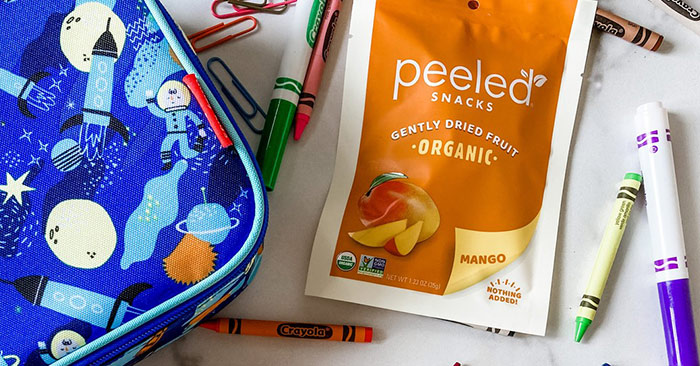
Operating from a new base in Connecticut, alongside two former Peeled employees, Goldberg said he has quickly gotten the company running again. Co-packers came online roughly a month ago and retailers have already begun to take the product back onto store shelves, he said. Goldberg added that he feels it is important to approach the business with “discipline and structure,” in order to re-earn the trust of partners.
“We are not just going to let the gates open and sell it to anybody and everybody… We have to be a reliable partner,” Goldberg said. “The important piece right now is to get to a place, and we’re basically there now, where when someone orders they get what they asked for, when they asked for it, and in perfect condition.”
For now the company will only sell dried fruit, which had previously accounted for over 80% of Peeled’s sales.
Along with a tighter focus, Goldberg also plans to bring an emphasis on mission and values to the brand, potentially using it as a vehicle to fight deforestation and deploy ethically sourced ingredients. Though the company was a B Corp, that wasn’t always conveyed to the shopper, Goldberg added.
Growing the Orchard
Peeled is just part of Goldberg’s larger plan to have a suite of mission-based brands that will target topics from animal welfare to supporting rare disease research.
“I still look at the world and say, ‘we’ve totally [screwed] it up.’ Everything we do just seems to be wrong, whether it’s the packaging or what we’re doing or farming methods,” he said. “How do we leave this world better than what we inherited? How do we give more? I have an expression: ‘Take one, give two.’ How do you give twice as much as what you took?”
Currently Goldberg plans to launch his first new brand in 2022. He also is interested in investing in brands that can leave a positive impact on the globe, he said. ESM’s investments are largely in brands that also place emphasis on being values-driven; though most are in CPG, one is in a technology company that also works with food clients.
“If it’s a solid opportunity, I’m willing to pen a check whether it’s a $5 million company or a $50 million dollar company, that doesn’t matter to me,” Goldberg said. “It just has to be something I believe in and that I understand.”
